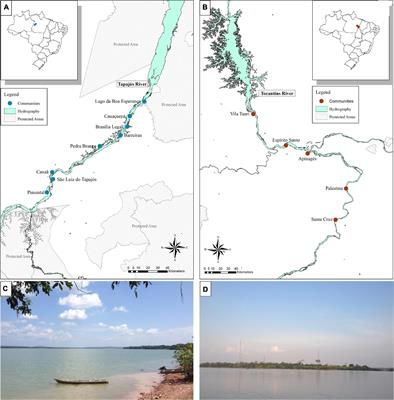EDITORIAL
Published on 23 Aug 2022
Editorial: Integrating traditional ecological knowledge into ecology, evolution, and conservation
doi 10.3389/fevo.2022.1015457
- 1,778 views
- 3 citations
10k
Total downloads
66k
Total views and downloads
EDITORIAL
Published on 23 Aug 2022
ORIGINAL RESEARCH
Published on 12 Jul 2022
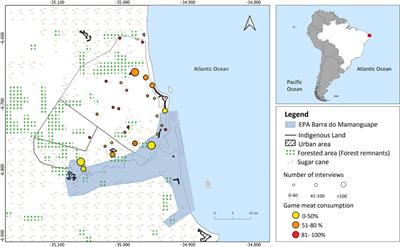
REVIEW
Published on 30 Jun 2022
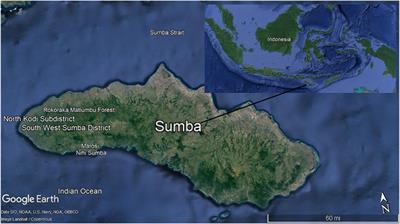
ORIGINAL RESEARCH
Published on 02 May 2022
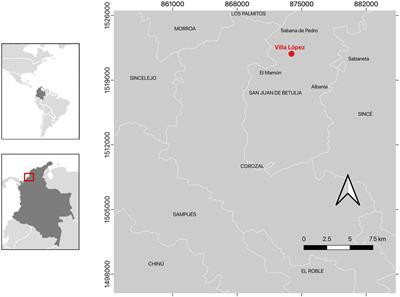
ORIGINAL RESEARCH
Published on 20 Apr 2022
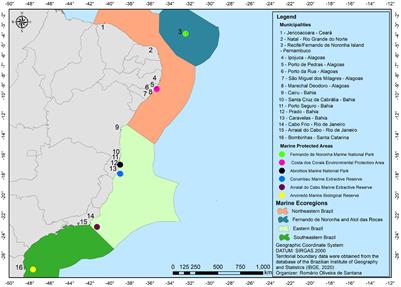
ORIGINAL RESEARCH
Published on 13 Apr 2022
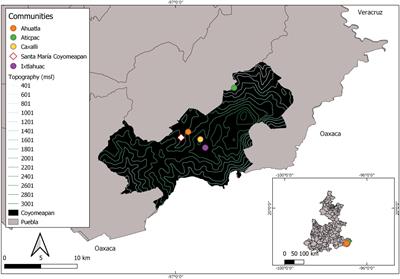
ORIGINAL RESEARCH
Published on 29 Mar 2022
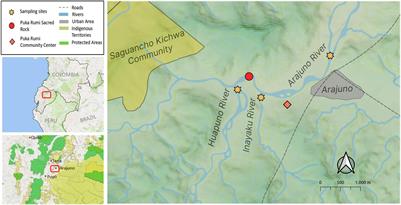
ORIGINAL RESEARCH
Published on 10 Feb 2022
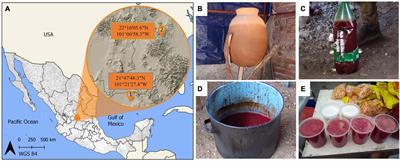
SYSTEMATIC REVIEW
Published on 26 Jan 2022
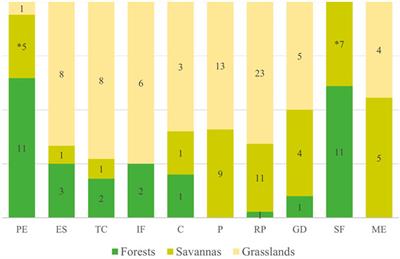
ORIGINAL RESEARCH
Published on 19 Jan 2022

ORIGINAL RESEARCH
Published on 08 Nov 2021

ORIGINAL RESEARCH
Published on 16 Sep 2021
